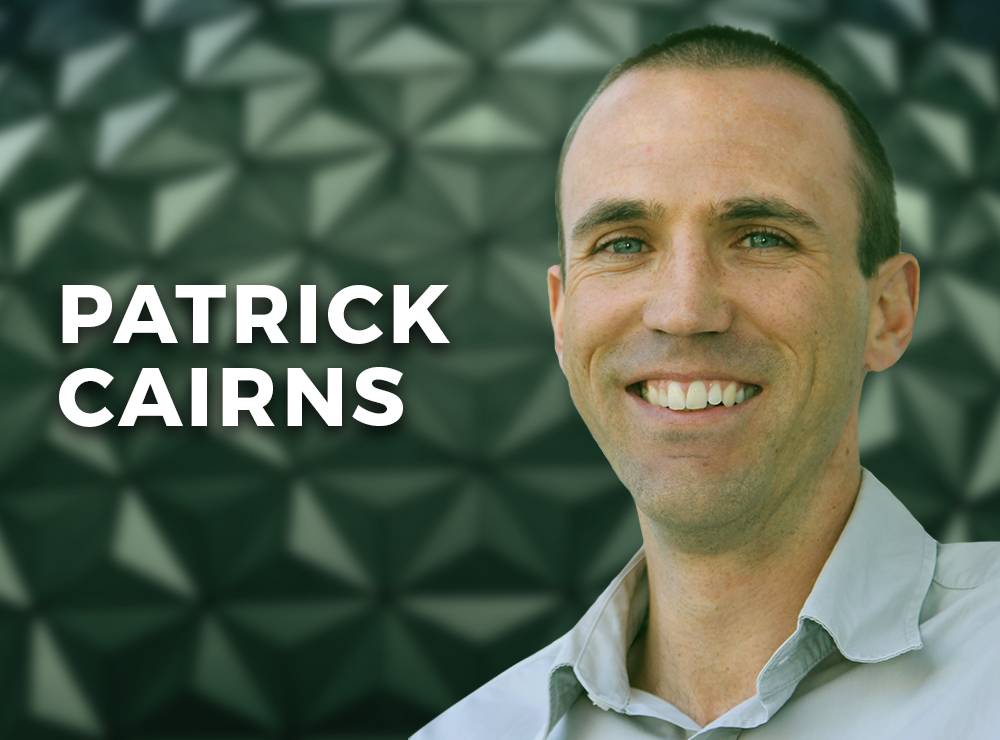
By PATRICK CAIRNS
One of the most common ideas in modern self-help books is that “everything happens for a reason”. It has become a popular concept because we want it to be true.
The human mind rebels against the idea of randomness. We see the world as a linear progression of cause and effect, because that is how we learn.
If we see dark clouds gathering in the sky, for instance, we know that it is likely to rain. When we turn on the stove, we know not to put our hand on it because we will get burnt.
This sort of predictability creates an order to the world that we can understand. And it is the way that we want everything to work. How often do you hear that the worst thing for business confidence is uncertainty, or that nobody likes change?
Seeking comfort
This is precisely because uncertainty is unsettling. We are most comfortable when we do something that will have a predictable result.
This is why it is far easier to convince people to put their money in a bank deposit than to get them to invest in the stock market. If you save in a fixed deposit for five years at an agreed interest rate, you know exactly how much you will get at the end. If you buy a FTSE All Share index tracker, however, you have no idea what that investment will be worth five years from now.
It is also why a lot of people are very bad at gambling.
Would you take that bet?
Take roulette for example, as a game of total chance. There are many people who claim to have a “system” to play roulette. By studying which numbers have come up over the past spins of the wheel, they believe this tells them something about what is more likely to come up next.
If there have been four black numbers in a row, for instance, it is a common assumption that the chance of the next spin landing on a red number must be higher.
This is known as the “gambler’s fallacy” — the belief that if a random event has occurred many times in the past, that makes it less likely that the same random event will occur in the future.
How many people, for instance, would bet on the same number in a game of roulette that has just come up? Intuitively, we feel that the chance of the same number coming up twice in a row must be smaller than two different numbers following each other.
Randomness
However, excluding any idiosyncrasies in the wheel, roulette is a random game. That means that the chance of a spin landing on a black number this turn remains the same as it did last turn, no matter how many times black has come up in the past.
Similarly, the chance of the spin landing on any given number is exactly the same for every spin. That is regardless of when last any number came up. So even if it landed on red five, last turn, the chances of it landing on red five again haven’t changed for this turn. It is still equally likely (or perhaps more accurately, unlikely).
Understanding this gambler’s fallacy is important for investors because, in the short term, share price movements are, largely, random. This is evidenced by the fact that over any one day historical period, the chance of the market finishing higher or lower is effectively a coin toss. It is around 50% either way.
Long term
So, it would be wrong to assume that just because the market, or a particular share, sector or strategy, has gone up five or six days in a row that it must be due for a correction. Or, for that matter, that if something has fallen for a number of consecutive days that it must be getting close to a reversal.
Trying to time the market based on these assumptions is never going to be a successful strategy. It is flawed intuition to believe that something is more likely to happen just because it hasn’t happened in a while.
It is far better to have a diversified long-term strategy that understands that, in the long-term, the chances of the market going up are extremely good. That is getting the odds in your favour.
One of South Africa’s most respected financial journalists, PATRICK CAIRNS is a trusted commentator on the world of investments and the quirks of behavioural finance. Over more than a decade he has built a reputation for keeping the industry honest, and putting the interests of investors first.
If you’re interested in reading more of Patrick’s work, here are his most recent articles for TEBI:
Do you think you’re smarter than Terry Smith?
What do investors and trial juries have in common?
Investing is not a competition
Put the odds of success in your favour
Is there such a thing as a “normal” stock market?
Here are some recent TEBI posts you may have missed which we think you’ll find interesting:
The best friend investors have never heard of
A cautionary tale about chasing performance
Do the markets really care who wins the election?
How much life insurance do you need?
Stop playing market whack-a-mole
You get what you don’t pay for
FIND AN ADVISER
Did you know that TEBI can put you in touch with an evidence-based financial adviser in your area?
If you’re looking for advice on your investments or on your financial situation in general, simply click on this link and enter your name and email address. You will then be sent a short questionnaire to complete. Your answers will enable us to identify a suitable firm for you to speak to.
We will only recommend advisers who share our evidence-based investment philosophy and who we know and trust. If we can’t help you we will tell you.
© The Evidence-Based Investor MMXX









